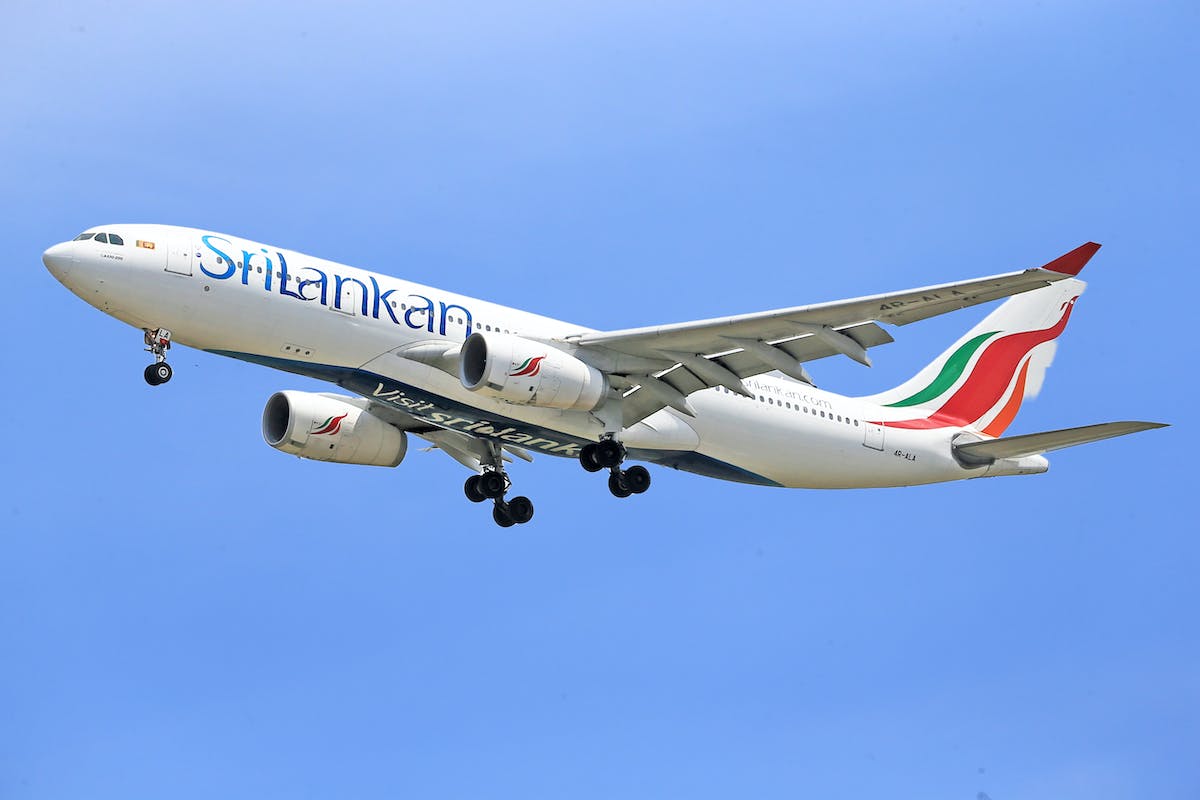Advertisement
Skiplagging is a technique used by travelers to find cheaper airfares by exploiting the airline’s booking policies

What is Skiplagging? The cheap flight hack that airlines are cracking …
Introduction: Uncovering Skiplagging
Are you a frequent flyer looking for ways to save on your airfare? If so, you may have come across an interesting concept known as “skiplagging”. This blog post will delve into this controversial practice that’s sent airline companies into frenzy mode.
Ever heard of the term “hidden city ticketing”? It’s another name for skiplagging. Simply put, it’s a strategy some travelers use to get cheaper flights by booking a trip with a connection and then skipping the final leg of the journey.
Now, why would anyone do such a thing, you might ask? Well, it boils down to how airlines price their tickets. Sometimes, a flight that connects through a major hub can be cheaper than a direct flight to that same hub. So savvy passengers have figured out they can save money by opting to not complete their itinerary.
Consider this scenario: Emma wants to travel from City A to City B but finds direct flights too expensive. She discovers a cheaper flight from City A to City C that has a stop in City B. She books this flight, disembarks at City B and skips the remaining leg of her trip to City C.
Is Skiplagging Legal?
When it comes to discussing if skiplagging is legal or not, there’s quite a bit of grey area. We’ll try to clarify things for you in this section.
On its surface, skiplagging doesn’t appear illegal. After all, passengers are merely using the tickets they’ve paid for and choosing not to use a part of it. There’s no law that forces airline passengers to complete their entire itinerary.
However, it’s essential to realize that airlines usually don’t approve of this practice. Many airline companies have stipulations in their contract of carriage (the legal contract between you and the airline) that expressly forbid hidden city ticketing. In fact, some airlines have even attempted to sue passengers who frequently skiplag these flights.
Think about Joe, who regularly flies from City D to City E using hidden city tickets. He circumvents the expensive direct flights by booking D-F with a layover at E. One day, he receives a notice from the airline warning him against skiplagging and threatening him with cancellation of frequent flyer miles, additional fees, or even legal action.
Risks Involved
Alright, so skiplagging could potentially save you money on your flights. But is it worth it? Let’s explore some of the risks associated with this travel hack.
First, if the airlines catch you skiplagging, you might find yourself in some hot water. As mentioned earlier, airlines construe this practice as a breach of contract, and you might end up facing legal troubles or the cancellation of your rewards points and privileges.
Second, with skiplagging, there’s always a risk that your plans could go awry due to unforeseen changes in the flight schedule or route. If there’s a last-minute change in the flight pathway because of weather conditions or overbooking issues, you could end up in a different city than you initially planned.
Consider Susan who booked a flight from City G to City I with a layover at City H, intending to skip City I and stay in City H. However, because of engine troubles, her flight was redirected to another hub, say City J. Now, instead of ending up in City H, she found herself in City J.
SkipLagged: The Website
To aid you in understanding skiplagging better, let’s discuss ‘SkipLagged,’ a popular web-based platform that helps users find these hidden city fares.
Skiplagged maintains a unique search engine designed to uncover these concealed fares that many other popular travel platforms don’t typically provide. The platform argues that, through this, they facilitate transparency in the airline industry.
However, not surprisingly, SkipLagged has been on the receiving end of lawsuits from major airlines for their business practice. Deutsch Lufthansa AG and United Airlines have both launched failed lawsuits against SkipLagged’s founder, though the website continues to operate presently.
For instance, Michael utilized SkipLagged’s platform to discover an airline route from City K to City M, with a layover at City L, that was considerably cheaper than booking a direct flight from City K to L. He booked this trip, disembarked at L, and left his remaining leg to City M unused.
Airlines & Their Stand Against Skiplagging
Airlines are inherently against skiplagging as it may affect their profit margin. They set prices for each leg of their journey based on demand and supply metrics. When skiplagging happens frequently, it disturbs the harmony for them hence the pushback.
Airlines have measures including specific clauses in their contract of carriage against hidden city ticketing. Over time, airlines have also grown more sophisticated in identifying patterns of skiplagging.
In an instance, Delta Airlines has updated its frequent flyer program policy explicitly to mention that abuse of hidden city ticketing could lead to removal from the program and could even warrant legal action.
The Ethical Dilemma
While discussing skiplagging, one can’t simply ignore the ethical aspects swirling around this practice. It’s a contentious issue where travel hackers claim they are merely trying to get fairer prices, whereas airlines argue it is a breach of contract and unethical behavior.
Ethically speaking, some may say skiplagging takes advantage of loopholes, which isn’t wrong per se, considering the high ticket costs. On the flip side, others argue it violates the agreement between passengers and airlines, resulting in losses for the air carriers.
Imagine Natalie, who consistently finds her flights costly and discovers she can use skiplagging to avoid them. While she relishes her savings, another passenger, Olivia, views Natalie’s strategy as unethical because it impacts airlines’ revenues unfairly.
The Final Verdict: To Skiplag or Not
Having discussed all aspects of skiplagging, now comes the important question: To skiplag or not?
We’ve demonstrated that while skiplagging could potentially help you save on airfare, it also carries risks. These include potential legal actions from airline companies, the cancellation of your frequent flyer program, and unintended changes in flight plans.
So, it boils down to personal choices and one’s willingness to bear any possible consequences. As they say, “Caveat Emptor” – let the buyer beware. It’s advisable to proceed with caution when considering skiplagging as a travel hack.
Suppose John wishes to fly from City N to City O. He finds a much cheaper flight to City Q with a layover at City O and is tempted to skiplag. But after comprehending the possible repercussions, he opts against it, preferring to comply with the conditions set by the airline and avoid potential trouble.
Summary
Have a glance at the following summary table:
| Concepts | Details |
|---|---|
| Skiplagging | A money-saving strategy wherein passengers book flights with a layover at their actual destination and skip the final leg of the journey. |
| Legality | Though skiplagging might not technically be illegal, it goes against most airlines’ contract of carriage. Frequent skiplaggers could face legal repercussions or termination of privileges. |
| Risks Involved | Next to contractual issues, skiplagging has practical risks too, such as unintended redirection due to changing flight paths or loss of checked-in luggage. |
| SkipLagged Website | An online platform that helps users find hidden city fares, despite facing multiple lawsuits from airline companies. |
| Airline’s Standpoint | Airlines inherently disapprove of skiplagging as it impacts their profit margin and disrupts established pricing models. |
| Ethical Dilemma | Skiplagging presents an ethical debate—while some see it as exploiting high ticket prices, others view it as unethical and a breach of agreement. |
| Final Verdict | Skiplagging comes with both potential savings and risks. The decision to skiplag ultimately boils down to an individual’s risk tolerance and ethical considerations. |
Hopefully, you now have a better understanding of what skiplagging is, how it works, the associated risks, legal implications, ethical dilemmas, and the impact on airlines. Stay informed and fly safe!
Hide Advertisement












